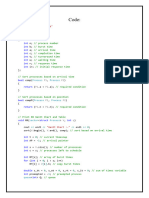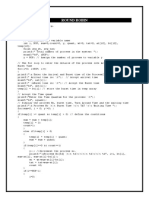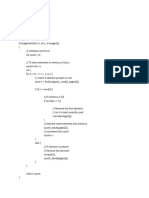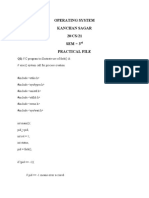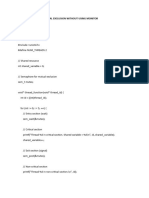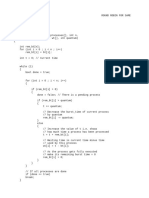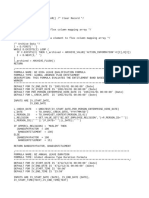0% found this document useful (0 votes)
5 views18 pagesIshuos
operating system file os ishu chamar
Uploaded by
krisshhCopyright
© © All Rights Reserved
We take content rights seriously. If you suspect this is your content, claim it here.
Available Formats
Download as DOCX, PDF, TXT or read online on Scribd
0% found this document useful (0 votes)
5 views18 pagesIshuos
operating system file os ishu chamar
Uploaded by
krisshhCopyright
© © All Rights Reserved
We take content rights seriously. If you suspect this is your content, claim it here.
Available Formats
Download as DOCX, PDF, TXT or read online on Scribd
/ 18
























